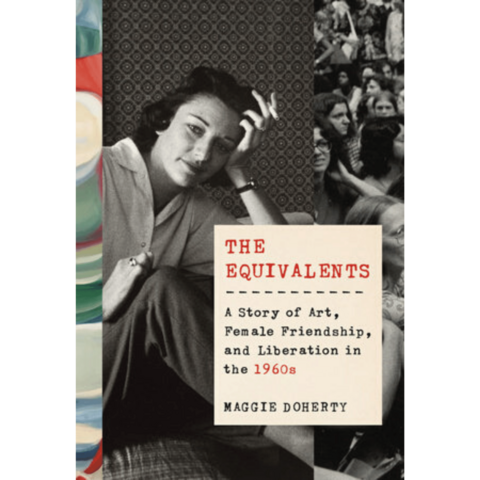
I have been reading with fascination The Equivalents, by Maggie Doherty. It is the story of a visionary program instituted at Boston’s Radcliffe College in 1960 that was designed to rescue select, few, women of privilege from the drudgery of American housewifery. It was in the inaugural year of this program that Anne Sexton, Tillie Olsen, and Maxine Kumin met Barbara Swan and Marianna Pineda, and where they formed a friendship that supported their artistic efforts long after their tenures at the college had ended.
The female fellows of the Radcliffe Institute were granted access to the library and attended workshops at the college; they were given office space and a stipend of $3000 (which, adjusted for inflation, is approximately equivalent to a Canada Council grant). It was not enough to live off, but it was enough to pay for childcare while they worked.
I guess the reason this book has arrested me, reading it as I emerge from an interlude of time during which my every maternal support system was stripped away (schools, playgrounds, extra-curricular activities, friendships) is that the diary entries – Sexton’s, Olsen’s, any of the female intellectuals lucky enough to be selected – could have been my own. Could have been so many others’ during these intervening sixty years:
“Isolated. Cabin’d, cribb’d, confin’d; the private sphere. Part self, part time…Not a moment to sit down and think. That death of creative process…I am being destroyed. I keep on dividing myself and flowing apart, I who want to run in one river and become great.” (Tillie Olsen, author of Silences).
Erin Knight has published two books, The Sweet Fuels (Goose Lane Editions) and Chaser (House of Anansi Press). She is currently the coordinator for the Association of Canadian College and University Teachers of English (ACCUTE). Originally from Edmonton, she did graduate studies in Fredericton and now lives in St. Catharines.









